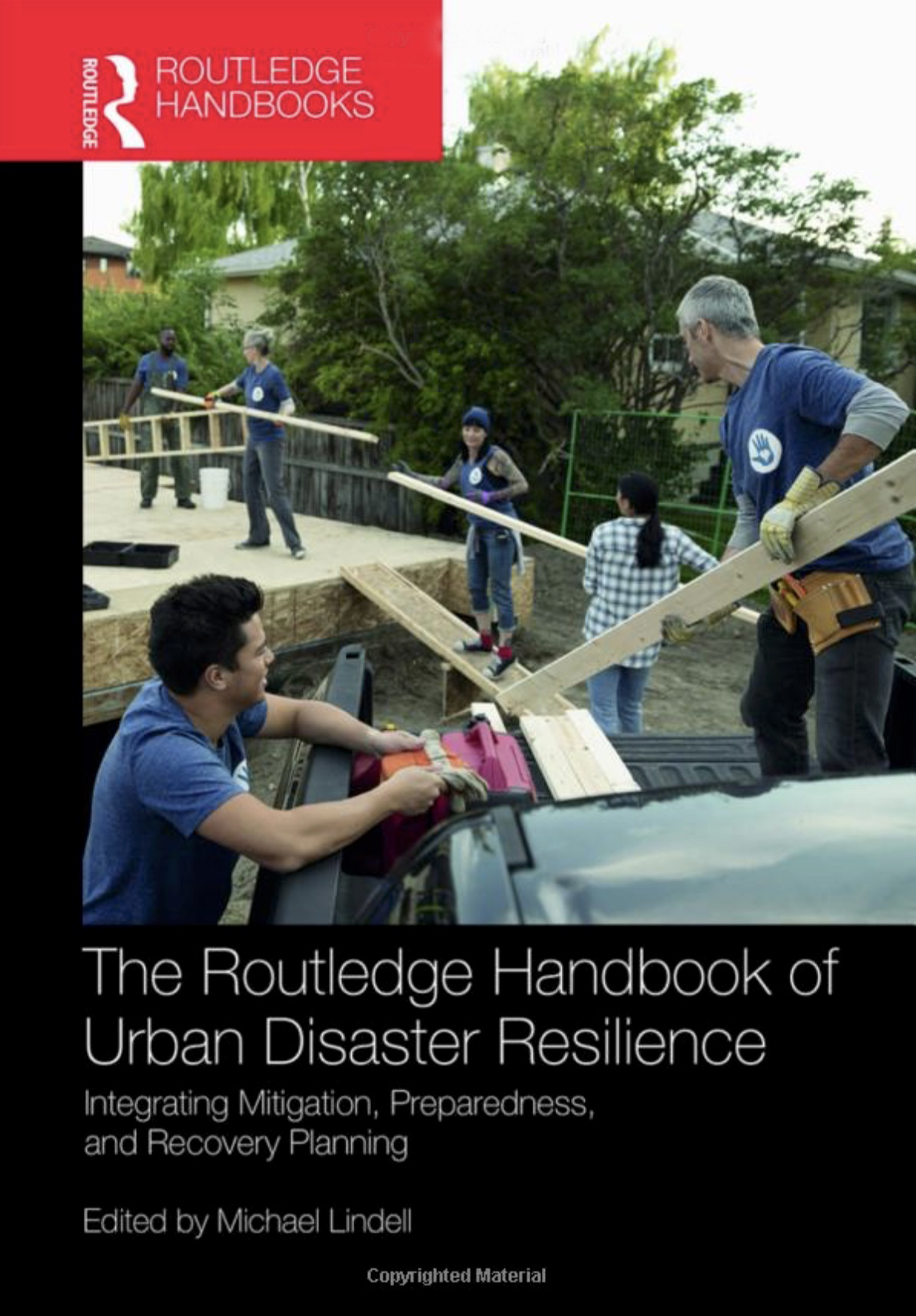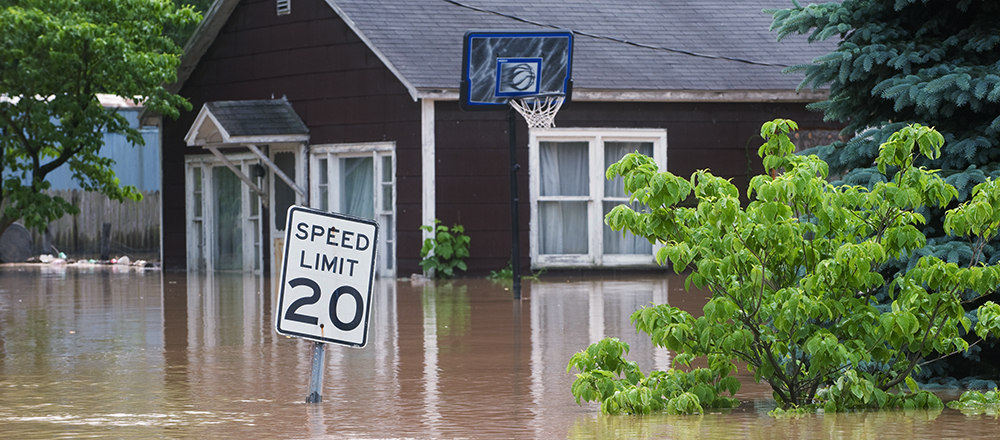Landmark hazard mitigation book edited by emeritus planning prof
Hailed as “an extraordinary contribution to the hazard and disaster planning field,” a new [book] (https://www.routledge.com/The-Routledge-Handbook-of-Urban-Disaster-Resilience-Integrating-Mitigation/Lindell/p/book/9781138886957) edited by Michael Lindell, Texas A&M professor emeritus of urban planning , emphasizes the importance of combining urban planning and hazard mitigation to help communities prepare for and recover from disasters.
Chapters in the publication, “ [The Routledge Handbook of Urban Disaster Resilience] (https://www.routledge.com/The-Routledge-Handbook-of-Urban-Disaster-Resilience-Integrating-Mitigation/Lindell/p/book/9781138886957) ,” cover critical topics including disasters’ impact on low-income communities, hazard mitigation policies on the Gulf and Atlantic coasts, community service planning for disasters, and many more.

Many of the book’s contributors are current or former Texas A&M urban planning professors or former students, or [Hazard Reduction and Recovery Center] (http://hrrc.arch.tamu.edu/index.html) research fellows or affiliates.
“Lindell, one of the most esteemed hazard scholars of the past fifty years, has assembled an incredible group of planning and policy scholars,” said Dennis Wenger, retired director of the National Science Foundation’s Infrastructure Management and Extreme Events program. “This sourcebook is a blueprint for linking research perspectives and findings into policy and practice."
Additional topics in the book include the politics of hazard mitigation, emergency preparedness and response planning and long-term housing recovery.
“This handbook is a solid primer for planners who must make their communities safer and more resilient in the face of the rising tide of disasters in the 21 st century,” said James C. Schwab, adjunct assistant professor of urban and regional planning, University of Iowa.
After a distinguished career as a leading disaster preparedness and response researcher and educator, Lindell retired from the Texas A&M faculty in 2014.
His research included mental health consequences of disasters, public perception and evacuation, and behavioral response. He has also evaluated local response planning and hazard mitigation planning in nearly every type of disaster.
Richard Nira
rnira@arch.tamu.edu
Tags
- academics
- archone gallery
- coa gallery
- hrrc
- hrrc gallery
- landscape architecture & urban planning
- laup gallery
- planning
- sustainability
Related Posts

Planning prof takes reins of hazard research center

A&M researchers collaborate in U.S. resilience center

Texas A&M hazard team's 'scorecard' adopted by Norfolk

Aggie scholars help develop disaster resilience software
Follow Us
Facebook Twitter Vimeo Youtube Flickr RSS
Recent Posts

Planning prof heads study of disaster housing aid

A message from the dean

Former student remembered as expert planner

Leading educator named new head of Architecture Dept.






_thumbnail_small.png)
